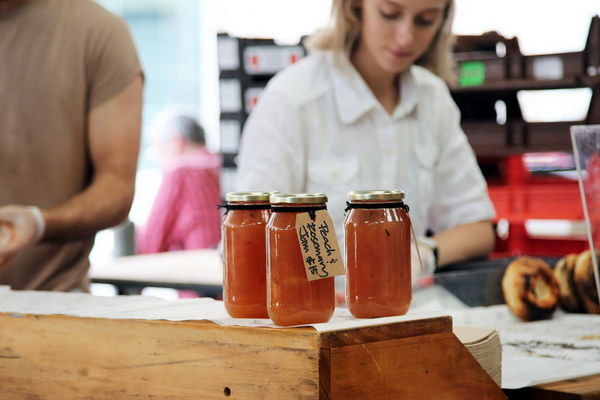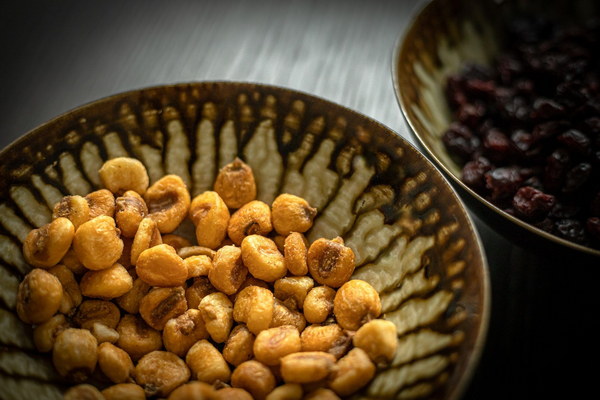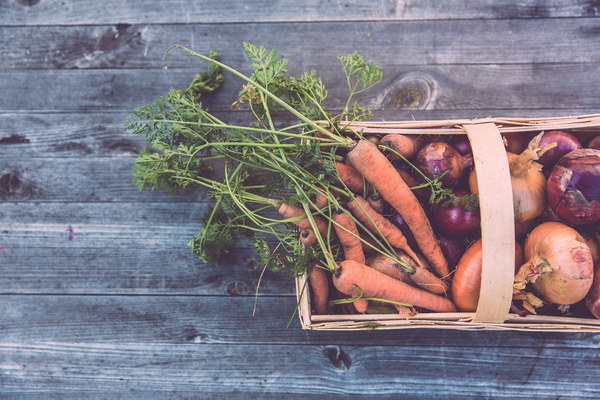Boost Your Lung Health A Comprehensive List of LungHealthy Fruits and Vegetables
Introduction:
Lung health is a crucial aspect of overall well-being, and incorporating lung-healthy foods into your diet can play a significant role in maintaining respiratory health. Fruits and vegetables, rich in essential nutrients and antioxidants, can help protect your lungs from harmful pollutants and reduce the risk of respiratory diseases. In this article, we will explore a comprehensive list of fruits and vegetables that are known to support lung health.
1. Apples:
Apples are a fantastic source of antioxidants, including vitamin C, which helps protect the lungs from free radicals. The fiber in apples can also help reduce inflammation and lower the risk of lung diseases like chronic obstructive pulmonary disease (COPD).
2. Berries:
Berries, such as strawberries, blueberries, raspberries, and blackberries, are packed with antioxidants, including vitamin C and flavonoids, which have been shown to reduce the risk of lung cancer and improve lung function.
3. Broccoli:
Broccoli is an excellent source of vitamins C and K, as well as folate, which can help reduce the risk of lung cancer. The sulforaphane in broccoli has anti-inflammatory properties and can protect the lungs from damage caused by pollutants.
4. Carrots:
Carrots are rich in beta-carotene, a precursor to vitamin A, which is essential for maintaining healthy lungs. Vitamin A helps the respiratory system fight off infections and keeps the mucous membranes in the lungs healthy.
5. Garlic:
Garlic is known for its immune-boosting properties. It contains allicin, a compound that can help reduce inflammation and lower the risk of respiratory infections, such as pneumonia and bronchitis.
6. Leafy Greens:

Leafy greens, such as spinach, kale, and collard greens, are rich in vitamins A and C, as well as antioxidants like lutein and zeaxanthin. These nutrients help protect the lungs from oxidative stress and reduce the risk of lung cancer.
7. Onions:
Onions contain quercetin, a flavonoid with anti-inflammatory and antioxidant properties. Quercetin has been shown to reduce the risk of lung cancer and improve lung function.
8. Pears:
Pears are a good source of vitamin C and fiber, which can help lower the risk of lung cancer. They also contain antioxidants that protect the lungs from oxidative stress.
9. Tomatoes:
Tomatoes are rich in lycopene, an antioxidant that has been shown to reduce the risk of lung cancer and improve lung function. Cooking tomatoes increases the availability of lycopene, making them even more beneficial.
10. Turmeric:
Turmeric is a spice with anti-inflammatory properties due to its active compound, curcumin. Curcumin can help reduce inflammation in the lungs and lower the risk of respiratory infections.
Conclusion:
Incorporating these lung-healthy fruits and vegetables into your diet can significantly contribute to maintaining respiratory health. By ensuring a balanced intake of these nutrients, you can protect your lungs from harmful pollutants and reduce the risk of respiratory diseases. Remember to consult with a healthcare professional before making significant changes to your diet.









